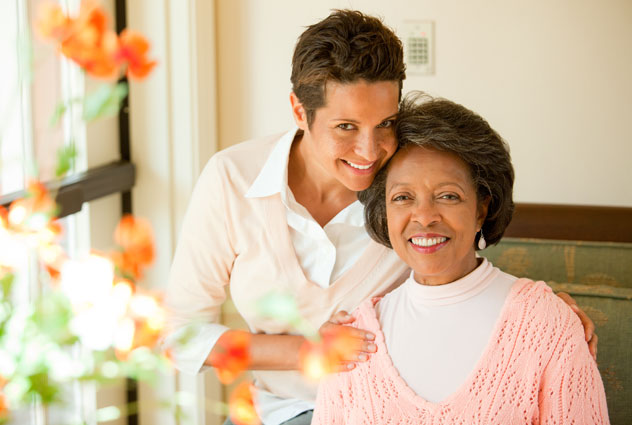Does Positive Thinking Have a Real Impact on Aging?
 “Positive thinking” is a term that gets thrown around a lot in our world, and some people discuss it as if it’s a cure-all for every ailment and malady imaginable. Obviously, just thinking positively isn’t going to provide a miracle cure for any disease or stop the aging process, but there is growing evidence that suggests that the way a person thinks has a direct impact on their health and overall wellbeing.
“Positive thinking” is a term that gets thrown around a lot in our world, and some people discuss it as if it’s a cure-all for every ailment and malady imaginable. Obviously, just thinking positively isn’t going to provide a miracle cure for any disease or stop the aging process, but there is growing evidence that suggests that the way a person thinks has a direct impact on their health and overall wellbeing.
Most of the research into the impact of positive thinking has been focused on younger or middle-aged people. It’s assumed by many of us that once a person reaches a certain age, they are “set in their ways,” and their thinking about things is unlikely to change. Perhaps there’s some truth to that, but what if there really is a positive correlation between positive thinking and healthy aging?
Negative Stereotypes
There happens to be a lot of negative thinking surrounding aging, much of it rooted in age-old negative stereotypes associated with getting older.
You’re probably familiar with some of these stereotypes:
– Older people can’t learn
– The elderly are weak and disease ridden
– Seniors tend to be grouchy or irritable
– Older individuals are just a burden on their families and society
We know that these stereotypes are just not true, but because they are so prevalent, people tend to internalize them and truly believe them. This happens well before retirement age, which means that when people who believe these stereotypes finally become seniors, those stereotypes can’t help but manifest themselves!
Replace the Negative with the Positive
Since so much of the difficulty around aging has to do with cycles of negative stereotypes, it’s important for family members and caregivers to be able to combat these assumptions with a positive influence.
Gratitude is key!
For example, if you’re caring for an aging loved one who is bogged down with negative thoughts and emotions, you can gently challenge the negativity by providing evidence of the positive things in life. Show them that there is much to be grateful for, even if it’s just the simple fact of waking up every day. With some persistence and practice, you can help an aging loved one develop a more positive mindset about life, thus improving their health and wellbeing.
Set the Example
If you’re worried about a senior loved one who is stuck in cycles of negative thinking, it’s easy to get caught up in the negativity yourself. While you don’t want to dismiss a loved one’s genuine discomfort or legitimate complaints, it’s important to provide an example of how a person can live through challenges and still remain positive about life. Show up with a smile and a heartwarming story, and you’ll be able to go a long way in helping your senior loved one fight the effects of negative thinking!
Learn More!
Always Best Care is here for you! If you have a senior loved one in your life who requires non medical care in the home from great caregivers, we can help. Give us a call today at 1 (855) 470-CARE (2273) to learn more.










